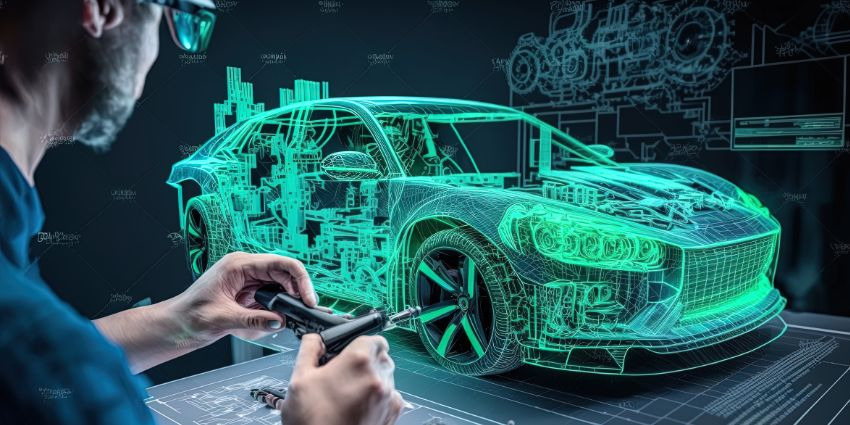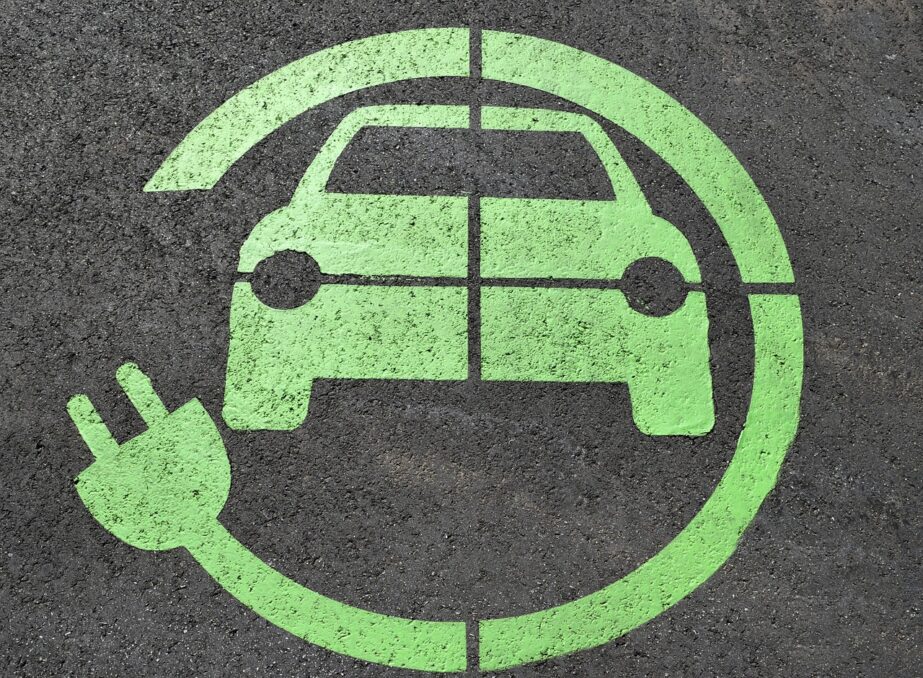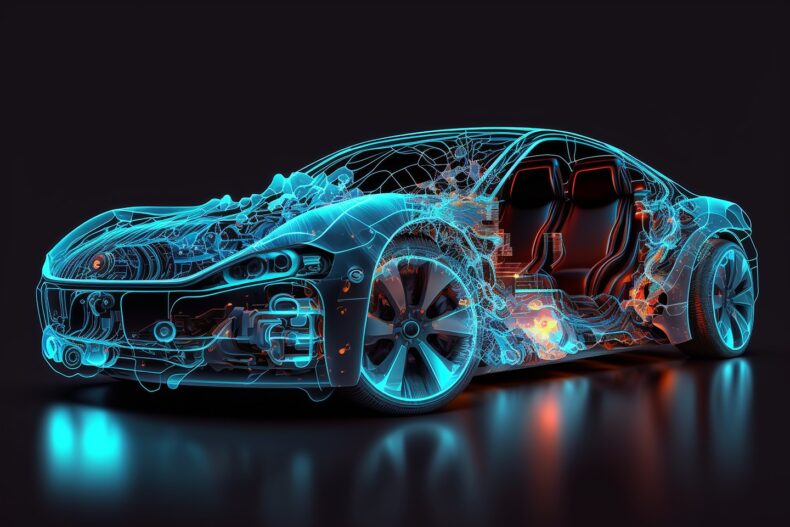India is the third-largest Auto-Industry in the world and continues to grow. The automotive industry like any other sector has to constantly innovate and improve themselves to stay afloat in the Indian market.
The auto-industry contributes a significant amount of contribution to the country’s economic growth. It takes a big chunk of 49% of the whole manufacturing industry of India and adds 7.5% of the overall GDP.

Image source: XR today
To transform both rural and urban transportation, the government is promoting and supporting new start-ups with their innovative ideas. Paving a path for start-ups and also providing a platform for established companies to experiment with new ideas, the market of India is bringing several advanced technologies related to electric vehicles, autonomous driving, connectivity, digital selling of products, and growth of the used-car market.
The technologies of the auto-industry keep on improving and it is believed that it will play a big role in the industry in the future. Following the customer first strategy, many manufacturing industries in the automotive industry are also focusing on comfort and the safety of their customers.
It has been observed that 52% of customers are willing to pay more if a vehicle is safer while driving and matches their needs. With more aware customers, it has become important to keep customer preference at the top.
EV are set to Drive the Auto-Industry
India has been focusing on its auto-industry to help with going carbon-neutral by 2070. To achieve that goal, the country has been promoting the adoption of electric vehicles among other things.
Though people were skeptical about this new technology in the beginning, these doubts have started to become less as people are becoming more aware about the technology of EVs.

The world is also working hard to improve several technologies used in EVs every day. The Indian government has launched various incentives, subsidies and PLI to support the adoption of the vehicles.
Even though other segments of the electric sector show a good response, the PV sector is still lacking behind as compared to others. But, this lagging is not due to stubbornness of refusing to adopt new technology but affordability. EVs are almost twice the price of conventional cars and the middle class of India might not be able to afford them. That’s why the state is also encouraging the country to be self-sufficient and produce their own parts instead of getting them exported.
We are still in the journey of complete adoption but it is clear that electric vehicles are the future of the Indian auto-industry. By the year 2030, the electric automotive sector is expected to grow enough to create 10 million direct jobs and support 30 million indirect jobs.
Growth of Disruptive Technologies in Auto-Industry
Superior technologies like Artificial Intelligent (AI), Machine Learning (ML), Internet of things (IoT) are changing the traditional ways of business analysis, production, marketing and sales.

Image source: Digital Spark Marketing
In the auto-industry, these technologies help in advanced driving assistance, avoiding traffic, preventing accidents and communication with other vehicles. With data and analysis becoming a core need for any successful business, it is becoming more important to improve the quality and credibility of the data.
With the introduction of disruptive technologies, this can be achieved in a much easier and formal way. That’s why this industry has also seen a great growth and is expected to grow by 10.4% by 2031 from the present share of the year 2021.
India has been focusing on becoming a manufacturing hub for automobiles and is fervently working towards it. With the availability of good geographical location as well as multiple resources, it can become a great force in the industry and start exporting auto-industry materials.













